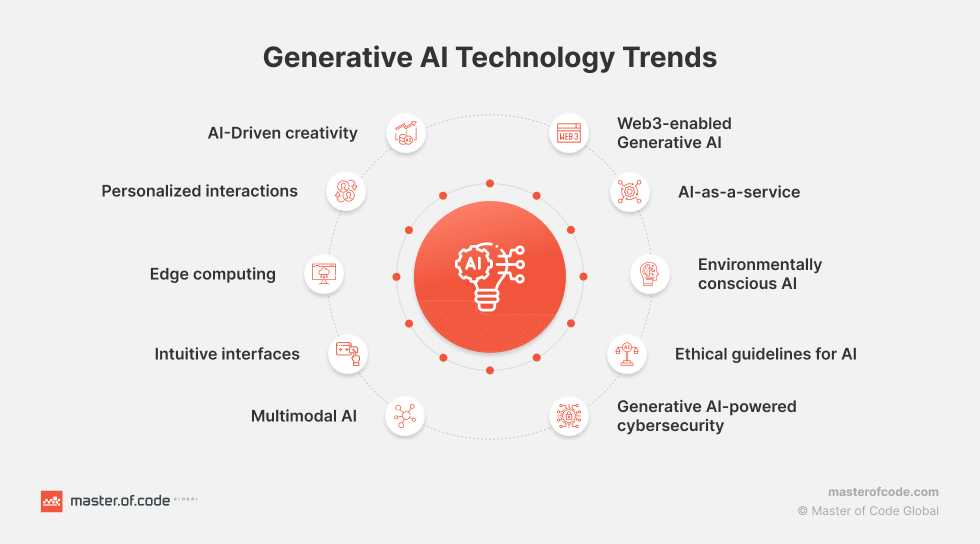About OpenAI
OpenAI is a leading organization in the field of artificial intelligence, dedicated to developing cutting-edge AI research and applying it to create products and services that benefit consumers, developers, and businesses. One of the key figures at OpenAI is Kevin Weil, the Chief Product Officer, who brings a wealth of experience in scaling technology products and understanding both consumer and enterprise needs in the AI space.

Kevin Weil's Background
Prior to joining OpenAI, Kevin Weil served as the Head of Product at Instagram, where he played a significant role in driving consumer and monetization efforts that contributed to the platform's global success. He also held a pivotal position at Twitter as the Senior Vice President of Product, shaping the platform's core consumer experience, advertising products, and overseeing the development of projects like Vine and Periscope. Kevin holds a B.A. in Mathematics and Physics from Harvard University and an M.S. in Physics from Stanford University.
Dr. Erik Brynjolfsson - Stanford Professor and Digital Economy Expert
Another prominent figure in the field of AI and digital economy is Dr. Erik Brynjolfsson, who is a Professor at Stanford Institute for Human-Centered AI and the Director of Stanford Digital Economy Lab. He is a leading researcher in the economics of information and has made significant contributions to understanding the impact of IT on business strategy, productivity, and performance.
AI Reshaping the Economy
Recently, the OpenAI Forum hosted a fireside chat featuring Kevin Weil and Erik Brynjolfsson, discussing how AI is reshaping the economy and its impact on traditional economic metrics. They highlighted the unique benefits of AI and how businesses can integrate AI to enhance human capabilities rather than replace them.

Measuring the Impact of AI
One of the challenges in measuring the impact of AI is the traditional metrics like GDP may not accurately capture the value created by digital products and services. Dr. Brynjolfsson introduced a new tool called GDP-B, which focuses on measuring the benefits rather than the costs of digital goods. By conducting online choice experiments, they aim to estimate the consumer surplus generated by digital products, providing a more comprehensive understanding of the value created in the digital economy.
Future Implications of AI
Looking ahead, both Kevin Weil and Erik Brynjolfsson emphasized the need for businesses and policymakers to adapt to the rapid changes brought about by AI technologies. They discussed the importance of fostering innovation, supporting new startups, and encouraging dynamic changes within companies to leverage the full potential of AI for economic growth.










